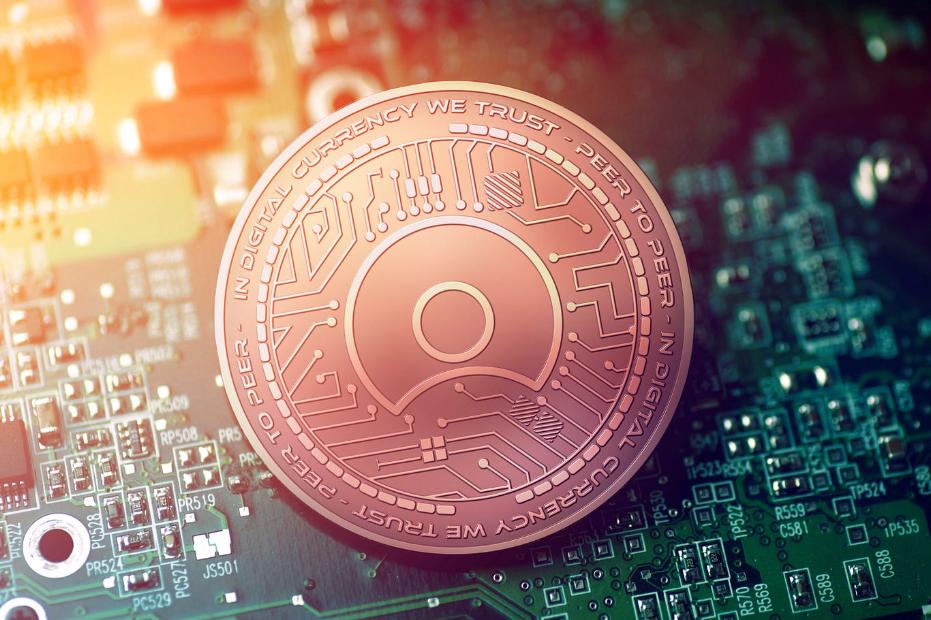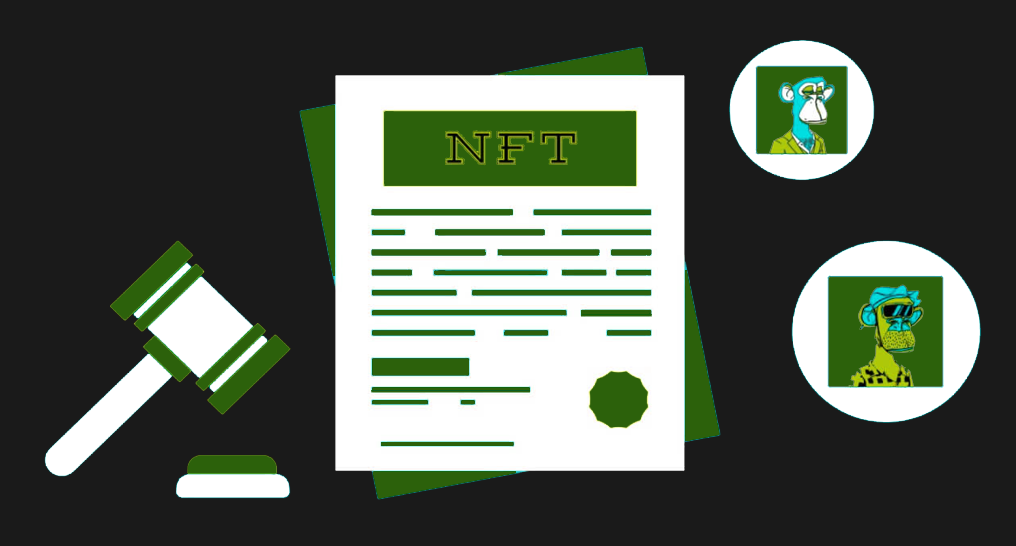What Are Digital Tokens? Digital tokens are a new way to transfer money across borders and are an emerging technology that is changing the face of financial services. These tokens can be used to make a variety of transactions, from banking to gaming.
In general, they are safe to use because each transaction is recorded on a blockchain and they’re tamper-proof. However, there are a few risks to keep in mind when investing in digital tokens.
They are programmable
Unlike traditional assets that are backed by fiat currencies, digital tokens are programmable and can be programmed to perform different functions. For example, they can be used to purchase products and services, as well as to fund a project.
Tokens are built on the blockchain network and are programmable through software protocols that contain smart contracts. These contracts outline the tokens’ roles and characteristics and the network’s engagement rules.
This allows these tokens to be manipulated in order to achieve different goals, including gaining profit and building value. They are a great way to make money without having to go through banks and financial institutions.
Another benefit of programmable tokens is that they can be updated remotely and virtually, ensuring they are always up to date. This is a huge improvement over physical security devices, which often require a user to request a replacement device or go through a long and cumbersome process.
For instance, a company or individual could use programmable currency – from any number of separate accounts – to bid on a reserve auction for a piece of property. When the time comes for the auction to take place, the programmable money from each account would be released through a smart contract to complete the transaction.
These tokens could also be used to fund projects that have specific aims, such as supporting women in the infosec industry. This can be done through a platform like Cyber Cosmos, which uses digital tokens to encourage people to invest in this field.
There are many potential uses for programmable tokens, which could change the way we view money and financial transactions. These include increased liquidity and efficiencies from machine-to-machine payments, as well as more secure and trusted cross-border transactions.
In addition, programmable tokens could allow companies to build better and more scalable platforms. This can be beneficial for businesses, as it can help them grow faster and reach more customers.
While programmable tokens are a promising technology, there are some downsides. For one, it is difficult to create “kill switches” for when things go wrong. Similarly, programmable money can be more susceptible to scams and fraud than traditional money.
They are permissionless
Permissionless digital tokens are crypto assets that can be used to access information or services without the need for third-party authorization. This makes them an ideal choice for users who want to take advantage of the security and scalability of blockchain technology while remaining independent and self-sufficient.
Unlike traditional currencies, which are issued and controlled by a central authority, digital tokens can be distributed throughout a network of people. This allows anyone with an Internet connection to participate in the system, without having to create an account or provide identification documents.
This makes them more accessible to everyone, including unbanked people and individuals who may have trouble accessing a traditional banking system. In addition, it also reduces the risk of hackers accessing a user’s private key.
Some tokens are fungible, which means that they can be traded in the same way as other assets, like stocks. This type of token is typically used in a variety of ways, including to represent shares of a company or project, to pay for goods or services, and to represent loans.
These types of tokens are usually issued by a business that is planning to use the money they raised through the sale of these assets to develop a project. They are not always a good investment, however, and you should be sure to research any business before purchasing their tokens.
There are two main kinds of tokens: fungible and non-fungible. Fungible tokens are worth equal amounts and are often countable, meaning that they can be stacked. This can be useful for people who need to keep track of their tokens or a large number of them.
Non-fungible tokens, on the other hand, are not countable and are not worth equal amounts. They can be a good way to get started with cryptocurrencies, but they are not a good long-term investment because they can be difficult to exchange for other coins or digital currencies.
A permissioned blockchain is a decentralized and secure system, but it has its flaws. One of the most common concerns is the lack of transparency. This is because the network’s members can alter data to their own benefit, which can lead to corruption and forging of consensus.
They are trustless
Digital tokens are a type of cryptocurrency that can be used as currency, utility, or asset tokens. They are also called a smart contract, and they can be used to trade online, store value, or provide a service.
The blockchain technology that powers digital tokens is known for its trustless nature. This means that there is no need for a third party to control the system, and transactions are recorded on a public ledger.
However, there are still some risks associated with digital tokens. For example, they are not guaranteed to offer a return on investment and there may be no secondary market where you can resell them. Furthermore, they are susceptible to pump-and-dump fraud, where insiders buy up all of the available tokens and sell them at a high price.
This can result in a large amount of money being lost and the digital tokens’ value plummeting. This is why it is important to do your research before investing in digital tokens.
In addition, you should protect your wallet with strong passwords and a recovery phrase so that only you can access it. This will help you avoid falling victim to digital fraudsters who want to steal your digital tokens.
Another way you can protect your wallet is by using a custodied exchange. These centralized exchanges use an order book or market maker to facilitate your trades.
While these services are not trustless, they do make trading easier and more efficient. You can then withdraw your funds to a non-custodial wallet.
One popular method to do this is by trading on a decentralized exchange (DEX). This way, you can continue trading while retaining your privacy and security.
These platforms also offer a number of ways to protect your tokens, such as smart contract insurance. This will help you avoid losing your crypto due to a hacking or malware attack.
In addition, a smart contract audit procedure, bug bounty programs, and better coding procedures have made the blockchain space more robust and safer to operate. This is why an increasing number of people are putting their trust in these systems.
They are transparent
Digital tokens are transparent because they run on a decentralized network with public ledgers and immutable records of all transactions. This allows for full transparency of a token’s ownership, which reduces the risks of fraud and theft.
The decentralized system also makes it possible to track a token’s transaction history, which is an important element of security. This can help prevent theft and fraud and ensure that the token is not resold to a third party without permission.
Another way in which digital tokens are transparent is through the use of smart contracts, which are programmable software protocols that outline the features and functions of a particular token as well as the network’s rules of engagement. This ensures that only those who are allowed to participate can do so.
In addition, these smart contracts are able to verify the integrity of the network and the identity of a token owner before it can be used. This makes a token secure and eliminates the need for a third party to confirm the transaction, ensuring that the token’s value remains intact.
These features can be beneficial to a wide range of industries and can provide options that are not available with fiat currency. These include real-time and accurate revenue-sharing, enhanced transparency to facilitate back-office reconciliation, and faster transaction settlement and clearance.
Aside from enabling new services and applications, digital tokens are also changing the way we interact with the internet. They are a convenient and secure method of online banking, e-commerce, and eNets transactions that offer a more seamless experience for people.
There are a variety of ways in which tokens can be made transparent, including through the use of smart contracts and zero-knowledge proofs. This can reduce the risk of identity theft and fraud, which is a common issue with traditional banking.
Tokens can be categorized into three categories: asset or investment tokens, fungible tokens, and non-fungible tokens (NFTs). Each type of token has its own unique functionality. For example, a security token may represent a security, while an NFT could represent a property or a commodity. The versatility of these tokens means that regulators need to carefully consider how they should be treated by law.




